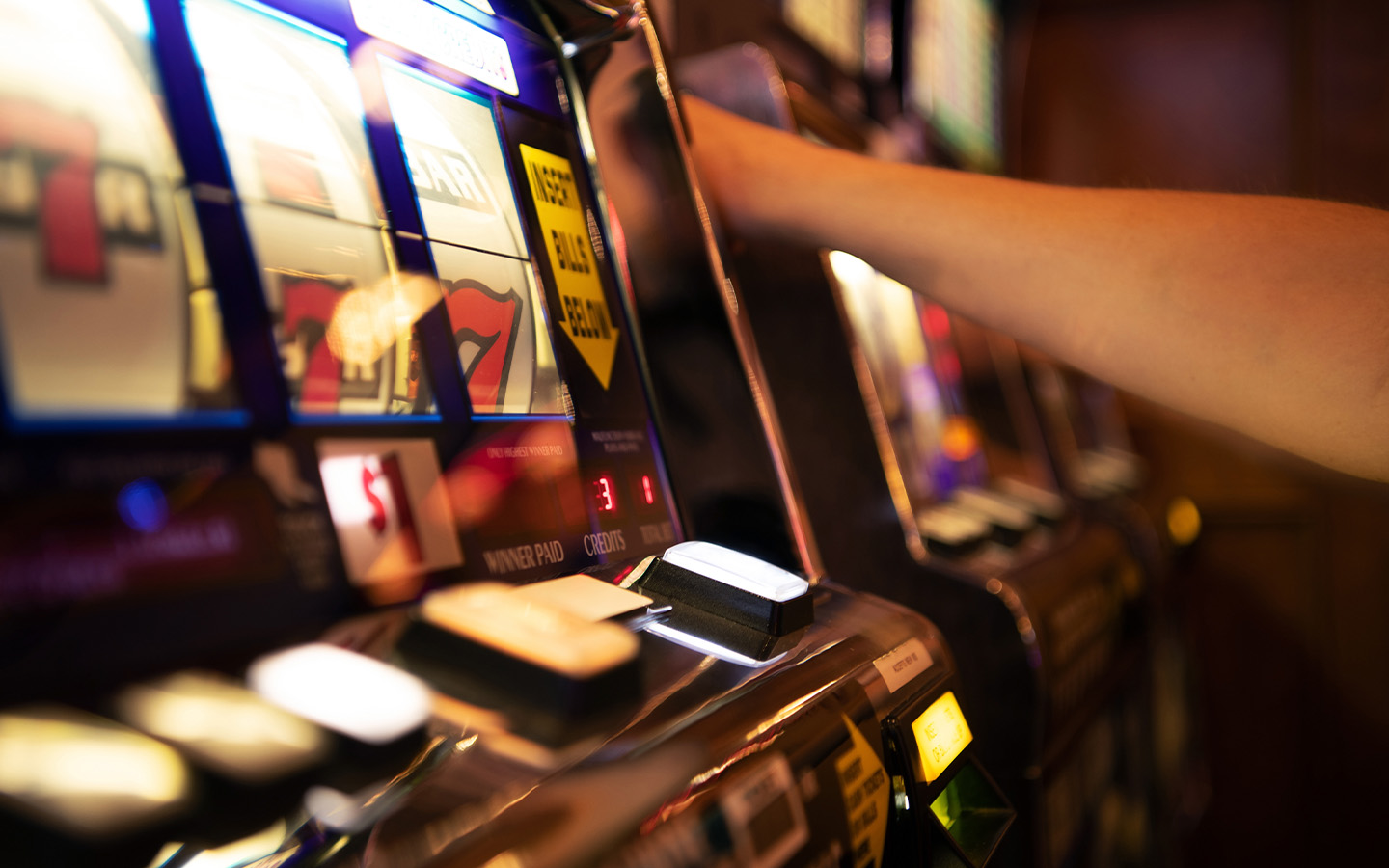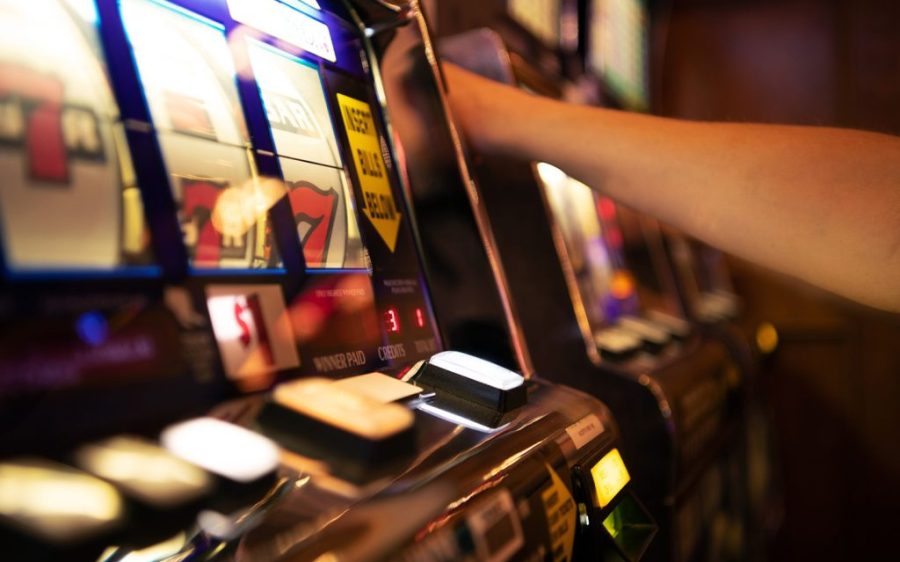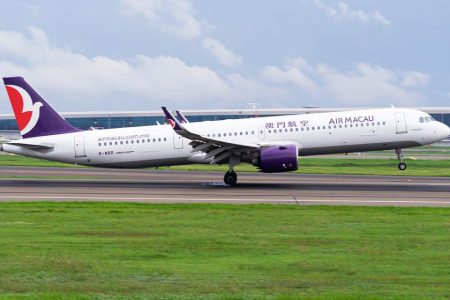Macao’s satellite casinos are closing. The decision to phase them out will be closely monitored by industry executives and policy makers, analysts explain, with the move impacting nearly 6,000 workers, according to figures discussed at Monday’s press conference.
“The announcement marks the end of an era,” says IGamiX managing partner Ben Lee, likening satellite casinos to neighbourhood pubs favoured for their familiarity and convenience over the busier integrated resorts.
[See more: Closure of satellite casinos makes SJM’s situation ‘much more complex,’ say analysts]
Lee says the move was expected. “Some saw the writing on the wall very early on and decided to exit while others waited to be bought out,” he tells Macao News, pointing out that the change comes at a time when the gaming industry is facing a new set of challenges.
What are Macao’s satellite casinos?
Generally speaking, satellite casinos are independently managed though they run gaming tables and machines that belong to one of the six gaming concessionaires. Since the property is not owned by any gaming operator, the business is often regarded as an asset-light investment.
The clearest distinction between satellite casinos and those directly operated under a gaming concession is seen in the business model. While both pay a gaming tax of 40 percent based on the gross gaming revenue (GGR) played, satellite casinos share the remaining 60 percent with the concessionaire, normally taking more than 50 percent of the GGR played, which leaves a single digit commission for the gaming operator.
[See more: Analysts forecast a large drop in Macao’s gross gaming revenue for June]
In 2024, of the 11 satellite casinos, nine under SJM reported a GGR of HK$5.2 billion, representing about 2.3 percent of total GGR played across Macao last year.
What was the transition period stipulated for satellite casinos in Macao?
Under the gaming law enacted in late 2022, satellite casinos must either be directly owned by the concessionaire or shift to a management agreement by 2026, ending the currently used revenue-sharing model. Experts say the policy revision strengthened regulatory oversight by streamlining the industry and eliminating the sub-concession framework.
For the past three years, there has been an endless flow of speculation regarding the fate of satellite casinos as few knew what fate they would ultimately have, writes CLSA gaming analyst Jeffrey Kiang in a research note to clients.
[See more: Macao’s gross gaming revenue for May approached 21.2 billion patacas]
Kiang said that while policymakers prioritised employment stability, commercial viability was also crucial. However, in a sector outlook following Monday’s announcement, he wrote that he was surprised to see even profitable casinos discontinued.
Why the closure of Macao’s satellite casinos is being closely monitored
Macao had an unemployment rate of 1.9 percent in April. Including the affected workers would mathematically push the jobless rate to 3.4 percent, the highest level since 2022, though gaming concessionaires have pledged to safeguard most employees by reassigning them similar duties at gaming properties that are directly owned.
Accompanying the satellite casino dealers and cashiers are the gaming tables owned by the concessionaire, which Kiang argues could improve performance yields should they move to their Cotai resorts, though he mentions that the merits from any ramp up would take time to materialise.
[See more: CLSA analyst tips 2026 rebound for Macao’s casino sector]
He estimates that the payback period of a table with a gross yield of HK$76,318 per day (calculated as the difference between the highest and lowest yield achieved last year, resulting in a net yield of HK$34,343 after tax and rebates) would be less than three days.
But while operators absorb the efficiency gains, neighbouring businesses of satellite casinos risk facing an abrupt disruption in foot traffic, adding on to the list of setbacks local shops and restaurants are already confronting, IGamiX’s Lee says.Policymakers have introduced beautification initiatives to revitalise economic activity in these impacted areas. However, Lee underscores the gravity of the problem, noting that it took twenty years to finally address satellite casinos at a time when even the larger integrated resorts are looking to fend off budding regional competition and striving to diversify their earnings profile.






